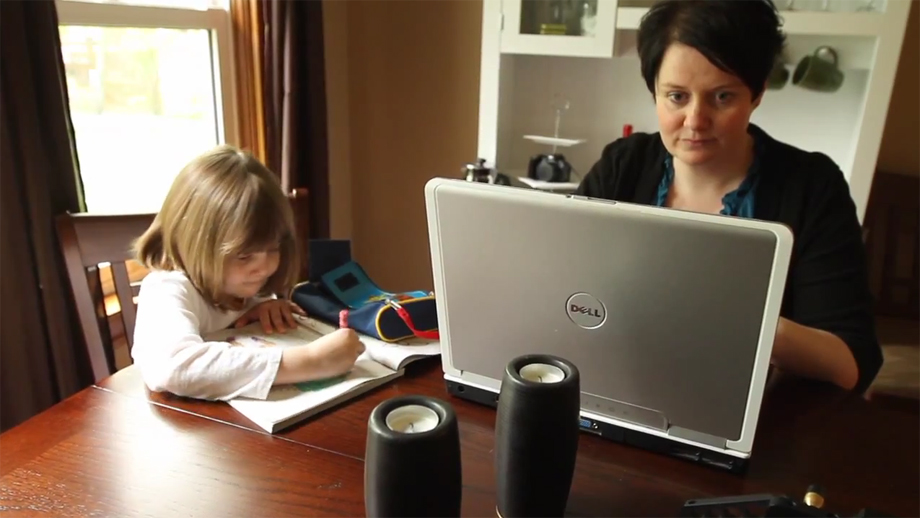5 Steps to Avoid a Phony Online College
By: Robyn Risk

Choosing an online college shouldn't be so difficult! The fact is, there are a lot of bad apples out there who give legitimate online colleges a bad name. Distance learning can be beneficial for a lot of people: some can't relocate to attend a traditional bricks and mortar school, some work full time and can only study on evenings and weekends, and yet there are some who just prefer to learn from the comfort of home. With any field that has a genuine need, there will always be people (and businesses) who want to take advantage. This is why it is so important to do your research before you choose and enroll in an online college.
Combine this checklist with your own common sense and see if your chosen school makes the grade!
- Check credentials: One of the first things you should check is your school's credentials. Unfortunately, many potential students have been fooled with phony credentials or meaningless accreditations so it is important for you as a consumer to understand your country's laws and how this relates to your education.
Educational accreditation is conducted by governmental organizations for the majority of countries in the world. However, Canada and the United States do not fall within the world's majority in this case.
Some schools in the US choose to be examined by a private accrediting body to receive membership association. If this is the case, it is important to examine the accrediting body itself (some accrediting bodies have been connected to the very colleges that they accredit)! A great place to start your research if you are unsure of the accrediting body is here.
In Canada, the majority of universities are operated by their individual provincial government. However there is no institutional accreditation in Canada.
Despite the lack of institutional accreditation, private career colleges should be registered with their respective governments' Department of Education to demonstrate their legitimacy. There are very strict regulations put in place for a school to become registered as a licensed education provider, and this in turn ultimately protects the student and ensures a valuable education is provided.
The Private Career Colleges Act ensures that colleges and their programs meet certain standards in regards to the programs themselves (curriculum content and relativity to employment in the field) as well as the institution as a whole (instructor qualifications, financial policies, advertising, etc.)
- Search online for reviews: Checking credentials should be enough, however you shouldn't stop there. Scour the internet for any information or reviews on the school or program in question. Yes, sometimes you may find one or two people complain about something - this is normal, however having countless complaints of bad experiences is something entirely different.
Another spot to check for reviews is with the Better Business Bureau to see if they are an accredited business as well as their BBB rating.
- Engage students: Most colleges will have a social media presence nowadays, especially on Facebook. Join the school's group and communicate with both current and past students on this forum. This will also allow you to direct a specific question to a student, rather than the school itself, and find out about their experience with the school.
- Compare jobs to curriculum: If a school in Canada is registered as a licensed education provider, this will already ensure that the curriculum taught matches up well with what employers in the field are looking for. However, it doesn't hurt to review the program's curriculum and compare it with potential jobs yourself. This will also give you a good idea of the type of job you can apply for at graduation and what you will be qualified to do.
- Go with your gut: I would never suggest solely going with your gut, but if you did all of your other research and followed the checklist above, the determining factor usually comes down to your feelings about the school. Someone's gut can often be swayed by things that a person can't quite put their finger on. What is the location of the college? Do they have an actual campus (even if students don't attend) or do all instructors work from home? Does their website look professional or has it been riddled with spelling errors? These are usually contributing factors to a person's gut feeling and should be taken into account.
Despite the many phony colleges out there, you shouldn't rule out an online college as a way of furthering your education. There are certainly many benefits to taking your college diploma through distance learning so don't let a few 'scam schools'; scare you from this type of education. This will be one of the bigger purchases that you will make in your lifetime, treat it the same as you would if you were buying a house or a car. Consider this research as your very first homework assignment on the road to higher education!
account_balanceMore About This School
